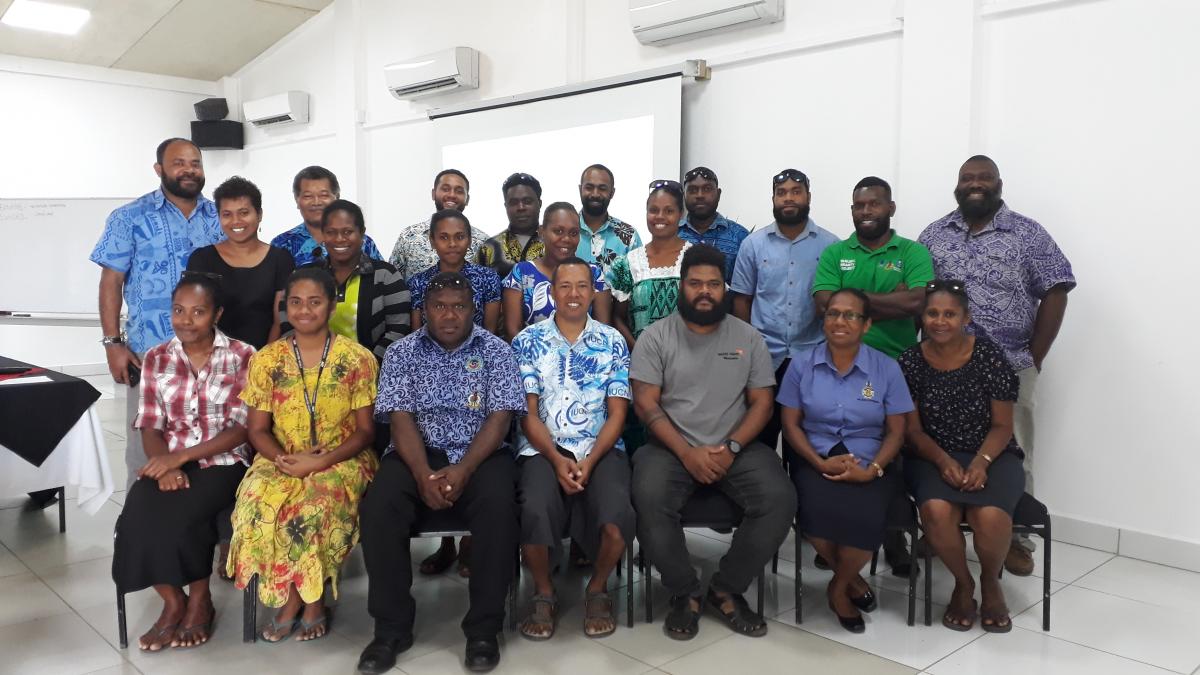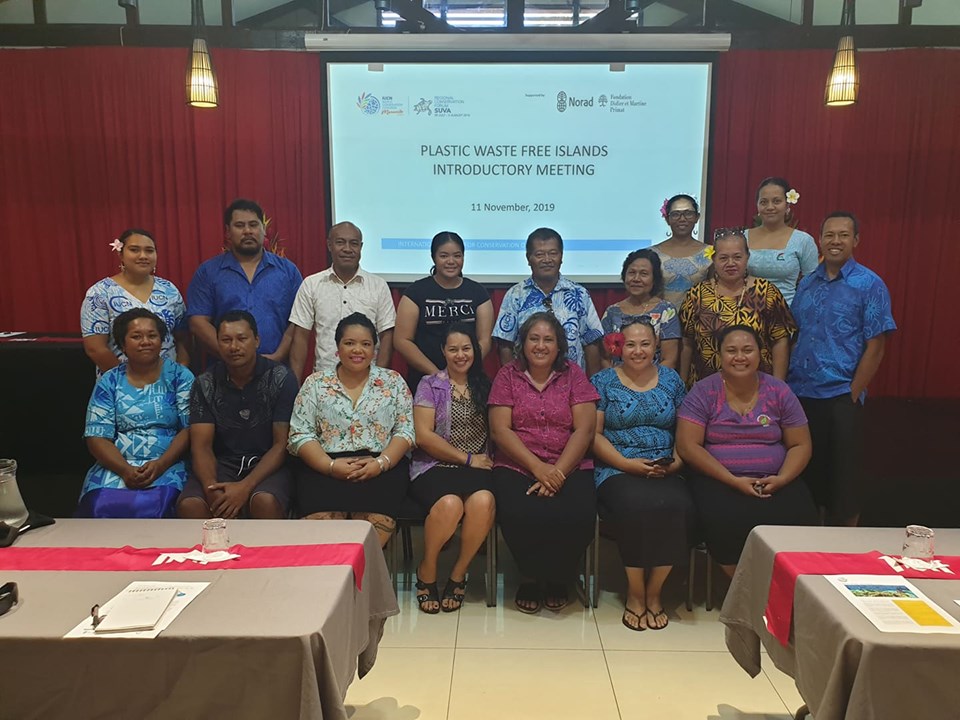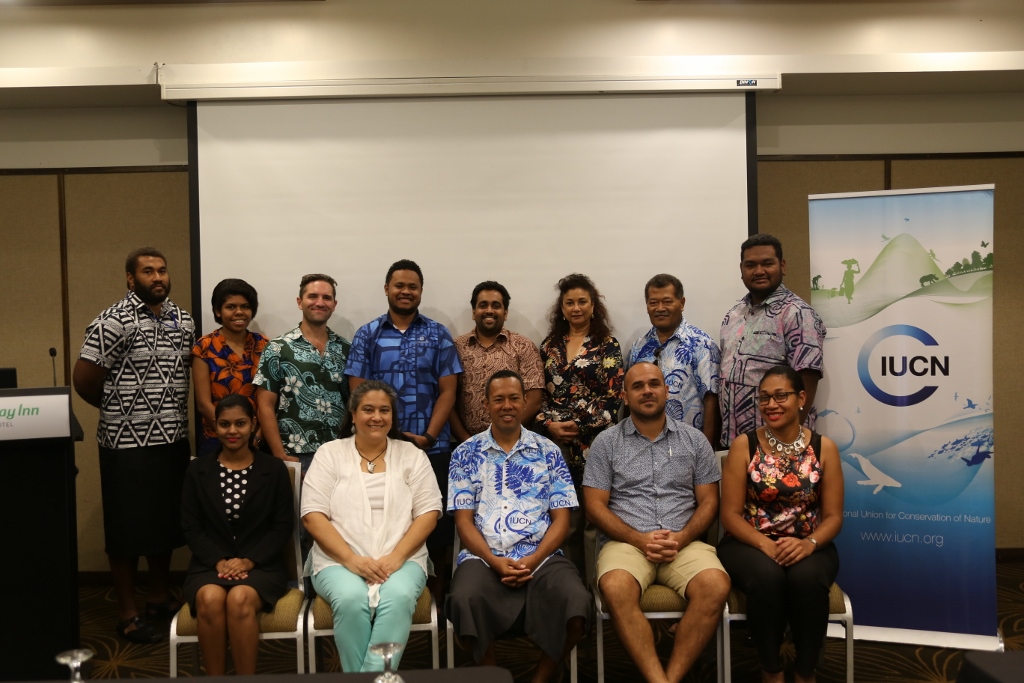IUCN introduces Plastic Waste Free Islands (PWFI) Project to the Pacific
IUCN's Climate Change Mitigation and Risk Reduction (CCMRR) Programme recently hosted three half a day pre- inception consultation meetings in Suva, Fiji; Apia, Samoa and in Port Vila, Vanuatu to introduce the Plastic Waste Free Islands (PWFI) project to a number of key stakeholders in the month of November 2019.
“The consultations presented an opportunity to collectively co-generate and discuss demand-responsive solutions to plastic waste incorporating policy, business operations, and citizen behaviour changes,” CCMRR Programme Coordinator Paula Katirewa explained.
“This three-year initiative across the Caribbean and the Pacific the project aims to support the work on addressing the problem of plastic waste leakage from these island states targeting three key sectors of tourism, fisheries and waste management.”
There is no debate that Plastic pollution is a serious issue. Statistics show that between 8 - 10 million tonnes of plastic debris enter the ocean every year, attributed to reasons such as unsustainable behaviour patterns, inexistent or non-enforced legislation, inefficient waste management systems and unknown leakage sources. According to some estimates and figures by the United Nation's Division for Sustainable Development Goals (DSDG), it is also anticipated that at current rates there will be more plastics in the ocean then there are fishes by the year 2050. Small Island Developing States (SIDS) are largely reliant on oceans and ocean resources; however there is not much attention placed on plastic pollution in SIDS.
Since 2014, IUCN has been involved in various initiatives in an effort to address the urgent issue of plastics. Much of this work has centred on research to expand and improve scientific understanding of this complex agenda. Through IUCN’s “Close the Plastic Tap” initiative, a number of projects have been implemented to advance six key pillars: partnerships, knowledge, capacity-building, policy, business and innovation. These pillars are the core of the work IUCN has been developing with partners and other stakeholders in different regions globally.
The PWFI will also draw and build on the expertise of existing regional plastics and waste management projects such as SPREP’s PacWaste and regional frameworks such as the ‘Cleaner Pacific 2025’ and ‘Pacific Marine Litter Action Plan’. This will allow IUCN to generate a vibrant community with players from all levels in order to generate a wide range of tools to replicate the approach on other islands.
At the end of the project, it is envisaged that tools and lessons learnt will be packaged into a scalable ‘blueprint’ for use beyond the initial three targeted PSIDS. Key regional bodies will then be equipped with the blueprint and supported to identify further opportunities to grow its application.
Supported by the Norwegian Agency for Development Cooperation (NORAD), the PWFI is a three year initiative that will be implemented in Fiji, Samoa and Vanuatu.



